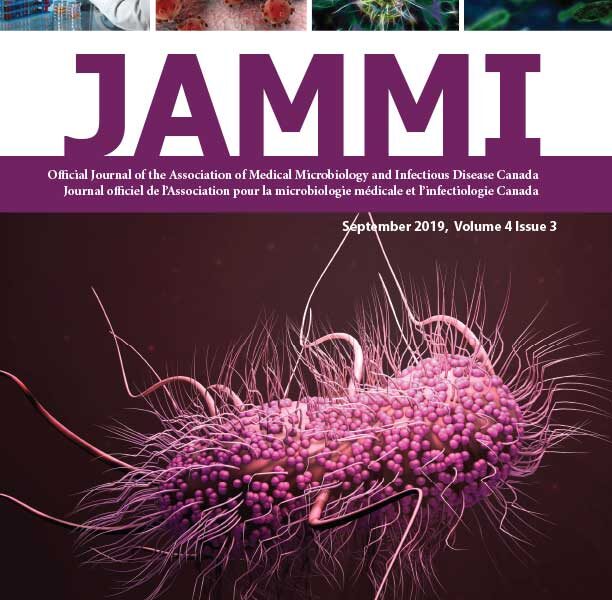 Kariuki MW, Githui E, McArthur AG, Aman RA, Njagi NM, Mwangemi AC, Kamau LW
Kariuki MW, Githui E, McArthur AG, Aman RA, Njagi NM, Mwangemi AC, Kamau LW
Annual Research & Review in Biology, 32, 1-12.
Novel gene targets are needed in accurate diagnosis of malaria. Previous studies show that the dynein light chains (dlc) in Plasmodium are uniquely conserved within the species, possibly due to their role as the cargo adptor moiety. This study aimed at the development of PCR assay for the detection of Plasmodium based on the (dlc-Tctex) as a genus and species-specific tool in malaria diagnosis. Multiple primers were designed based on Plasmodium spp dlc(Tctex) genes. The primers were applied on PCR to detect malaria on clinical samples and on laboratory maintained isolates of P. falciparum and P. vivax for human infecting species and P. knowlesi and P. cynomolgi for zoonoses infection involving primates. The amplified PCR fragments were gene cleaned and sequenced. BLASTn e-values output from the raw nucleotide queries supports that the genes are uniquely conserved. Species-specific primers amplified P. falciparum infections with no cross-reactivity to P. vivax, P. knowlesi or P. cynomolgi species. In this assay only 11 out of the 30 microscope positive malaria positive clinical blood samples were positive for PCR detection of P. falciparum infection. Primers designed for Plasmodium genus amplified the target band in all clinical malaria samples but also had another specific band amplification. This preliminary data demonstrate that a species-specific dlc(Tctex) PCR assay can be used for detection of P. falciparum and optimized genus primers can be applied to differentiate mixed malaria infections.

